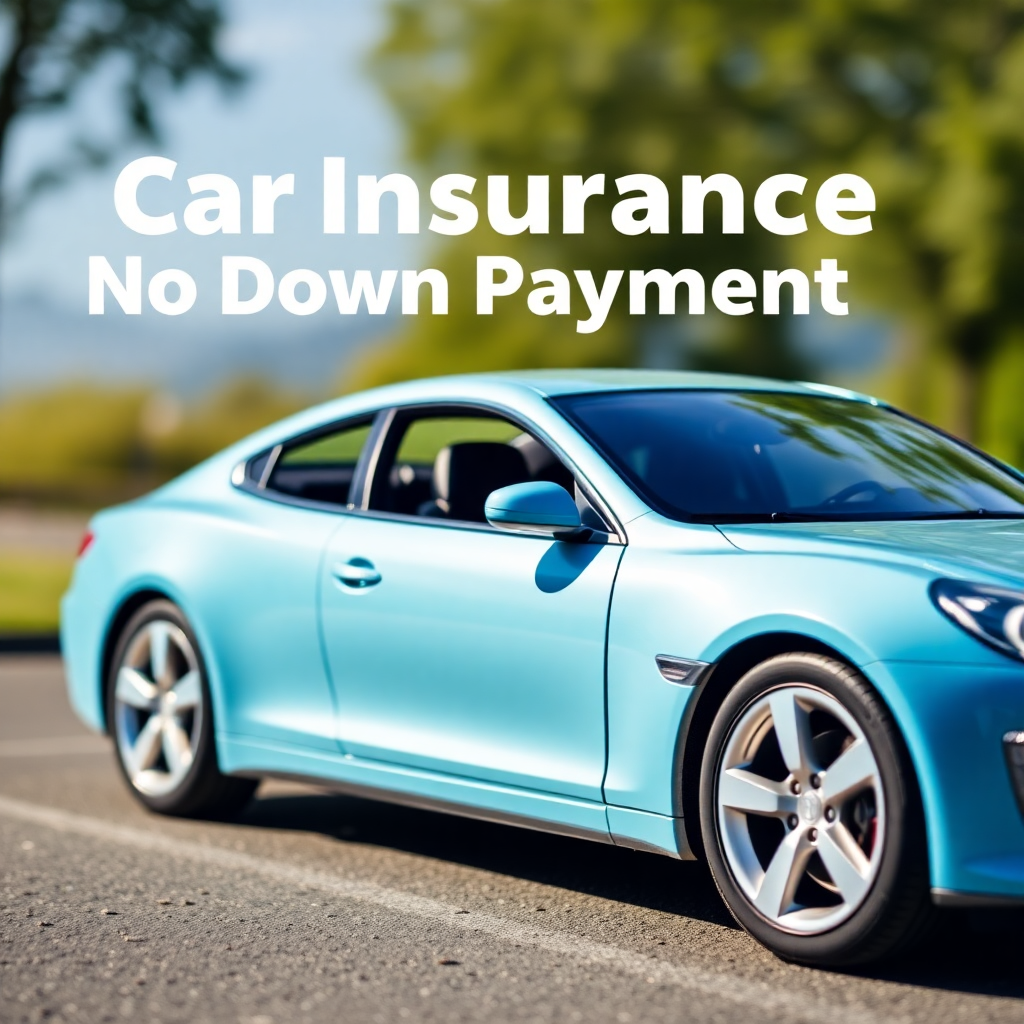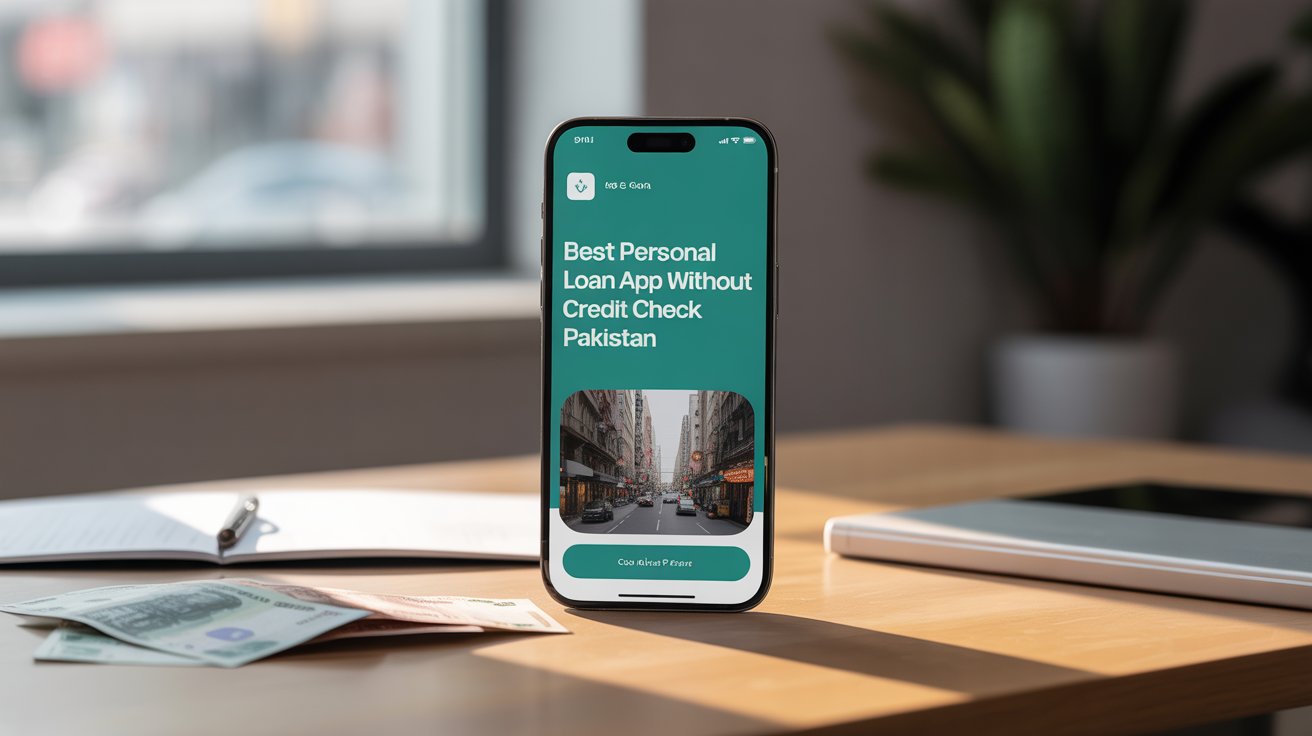Finding affordable car insurance can be challenging,Car Insurance with No Down Payment Required: A Comprehensive Guide especially if you’re on a tight budget. Many insurers require a down payment before coverage begins, which can be a financial burden. Fortunately, some providers offer car insurance with no down payment required, allowing you to get insured immediately without an upfront cost.
In this guide, we’ll explore how no-down-payment car insurance works, its pros and cons, top providers offering this option, and tips for securing the best rates.
What Is No-Down-Payment Car Insurance?
No-down-payment car insurance is a policy that doesn’t require an initial lump-sum payment to start coverage. Instead, insurers may spread the cost over monthly installments, making it easier for drivers to manage expenses.
How Does It Work?
- Monthly Payments: Instead of paying a large sum upfront, you pay smaller monthly premiums.
- Higher Monthly Costs: Since no down payment is collected, insurers may charge slightly higher monthly rates.
- Eligibility Requirements: Some companies may check your credit score or driving history before approval.
Pros and Cons of No-Down-Payment Car Insurance
✅ Advantages
Immediate Coverage – Get insured right away without a financial hurdle.
Budget-Friendly – Avoid large upfront costs, easing cash flow.
Flexible Payment Options – Spread payments over time for better affordability.
❌ Disadvantages
Potentially Higher Monthly Premiums – Insurers may charge more to offset risk.
Credit Checks May Apply – Poor credit could lead to higher rates or denial.
Risk of Policy Cancellation – Missing payments could result in a lapse in coverage.
Top Car Insurance Companies with No Down Payment Options
While most insurers require some form of down payment, a few providers offer flexible plans with little or no upfront costs:
1. GEICO
- Known for competitive rates and discounts.
- May offer $0 down payment options for qualified drivers.
2. The General
- Specializes in high-risk drivers.
- Often provides no-down-payment plans with manageable installments.
3. Progressive
- Offers flexible payment plans, including pay-per-mile options.
- May allow low or no down payment based on driving history.
4. State Farm
- Personalized policies with payment flexibility.
- Some agents may waive the down payment for eligible customers.
5. Dairyland Insurance
- Caters to high-risk and non-standard drivers.
- Frequently offers no-down-payment policies.
How to Get Car Insurance with No Down Payment
1. Compare Multiple Quotes
Use comparison tools to find insurers offering no-down-payment options.
2. Ask About Payment Plans
Some companies may waive the down payment if you opt for monthly billing.
3. Improve Your Credit Score
A better credit score can help you qualify for lower rates and flexible terms.
4. Look for Discounts
Ask about discounts (safe driver, multi-policy, good student) to reduce overall costs.
5. Consider Usage-Based Insurance
Pay-as-you-drive programs (like Progressive’s Snapshot) may lower premiums.
Frequently Asked Questions (FAQs)
Q: Can I really get car insurance with no money down?
A: Yes, some insurers offer policies with no down payment, but monthly premiums may be higher.
Q: Does no-down-payment insurance cost more in the long run?
A: It can, since insurers may charge higher monthly rates to compensate for the lack of an upfront payment.
Q: Will my credit score affect my eligibility?
A: Some insurers check credit history, and a low score could lead to higher rates or denial.
Q: What happens if I miss a monthly payment?
A: Your policy could be canceled, leaving you uninsured. Always pay on time to avoid lapses.
Final Thoughts
No-down-payment car insurance can be a lifesaver for drivers who need immediate coverage without a large upfront cost. While it offers convenience, Car Insurance with No Down Payment Required: A Comprehensive Guide be mindful of potential higher monthly premiums and payment obligations.
In today’s economy, every dollar counts. If you’re looking for car insurance with no down payment required, you’re not alone. Car Insurance with No Down Payment Required: A Comprehensive Guide Many drivers struggle with the upfront costs of traditional auto insurance policies. The good news? Several insurers now offer flexible payment plans that eliminate or reduce initial deposits, making coverage more accessible.
This in-depth guide will cover:
How no-down-payment car insurance works
Top companies offering $0 down policies Pros, cons, and hidden costs to watch for
Smart strategies to lower your rates
State-specific regulations and alternatives
Frequently asked questions (with real answers)
Why Do Most Insurers Require a Down Payment?
Before we dive into no-down-payment options, let’s understand why insurers typically ask for money upfront:
- Risk Mitigation – Ensures you’re committed to the policy.
- Cash Flow for the Insurer – Helps cover administrative and underwriting costs.
- Prevents Lapses – Reduces the chance of policy cancellations due to non-payment.
However, if you can’t afford a lump-sum payment, no-down-payment car insurance might be your best bet.
How to Qualify for No-Down-Payment Car Insurance
Not every driver will be eligible. Insurers look at:
1. Your Credit History
Many companies use credit-based insurance scores. A higher score increases approval odds.
2. Your Driving Record
Clean records (no DUIs, accidents, or tickets) help secure better terms.
3. Your State’s Laws
Some states (like California) restrict the use of credit scores in insurance pricing.
4. Your Vehicle’s Value
Older, less expensive cars may qualify for lower payments.
5. Payment Frequency
Opting for automatic monthly payments (EFT) sometimes waives the down payment.
Best No-Down-Payment Car Insurance Companies (2024 Update)
| Company | Best For | Minimum Down Payment | Special Perks |
|---|---|---|---|
| The General | High-risk drivers | $0* | Fast approval |
| GEICO | Good drivers | $0 (with discounts) | Military discounts |
| Progressive | Pay-as-you-go plans | $50 or less | Name-your-price tool |
| Dairyland | SR-22 filings | $0 (varies by state) | Non-standard coverage |
| State Farm | Bundling policies | $0 (agent-dependent) | Drive Safe & Save program |
*Some restrictions apply based on state and driving history.
Hidden Costs & Pitfalls to Avoid
Higher Monthly Premiums – Spreading payments may cost more long-term.
Strict Payment Deadlines – Miss one payment, and your policy could cancel.
Limited Coverage Options – Some insurers only offer liability (not full coverage).
Deposit Alternatives – A “low” down payment (e.g., $50) isn’t truly $0.
Pro Tip:
If an insurer claims “no down payment,” read the fine print. Some require:
- First + last month’s premium
- A small initial fee ($25–$50)
- Automatic payment enrollment
5 Clever Ways to Lower Your Costs (Even with No Down Payment)
Ask About Discounts – Good student, safe driver, and multi-policy deals can slash rates.
Adjust Your Deductible – A higher deductible = lower premiums (but more out-of-pocket if you crash).
Pay Annually Later – Some insurers refund part of your premium if you switch to yearly payments. Usage-Based Insurance – Programs like Progressive Snapshot reward low-mileage drivers.
Improve Your Credit Score – Just a 50-point increase could save you 20% or more.
State-Specific Rules You Should Know
- California & Michigan – State laws limit how insurers use credit scores.
- New York & Texas – Down payments are often higher due to risk factors.
- Florida – Many insurers require deposits for high-risk drivers.
Check your state’s DOI (Department of Insurance) website for exact regulations.
Alternatives If You Can’t Get $0 Down Insurance
If you’re denied, try:
Low Down Payment Plans (e.g., $50 instead of $200)
Pay-Per-Mile Insurance (Metromile, Milewise) Non-Owner Car Insurance (if you drive rentals or borrowed cars)
Assigned Risk Pools (state-mandated coverage for high-risk drivers)
Final Verdict: Is No-Down-Payment Car Insurance Worth It?
Good if:
- You need immediate coverage.
- You can handle slightly higher monthly payments.
- You have decent credit (or live in a credit-restricted state).
Avoid if:
- You can afford a down payment (it’s usually cheaper long-term).
- You struggle with on-time payments (lapses hurt your record).
Next Steps: How to Apply
- Compare quotes from at least 3 insurers.
- Ask directly: “Do you offer true no-down-payment policies?”
- Choose the best balance of cost and coverage.
- ents!)






Leave a Reply